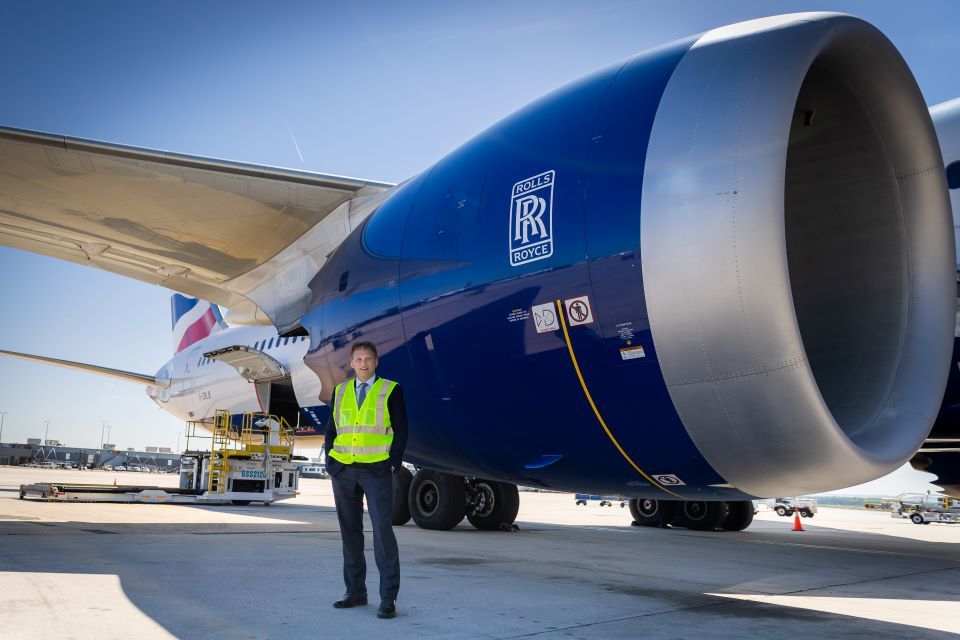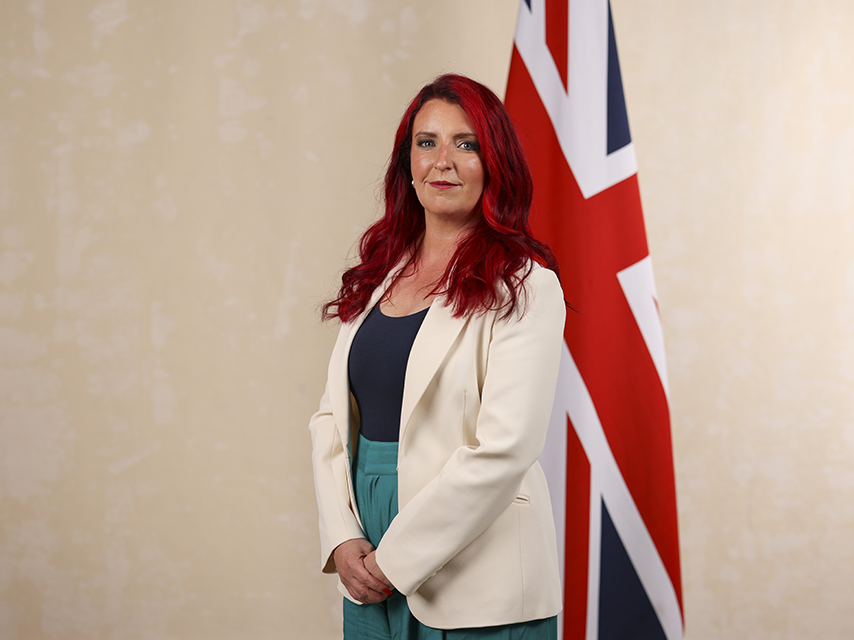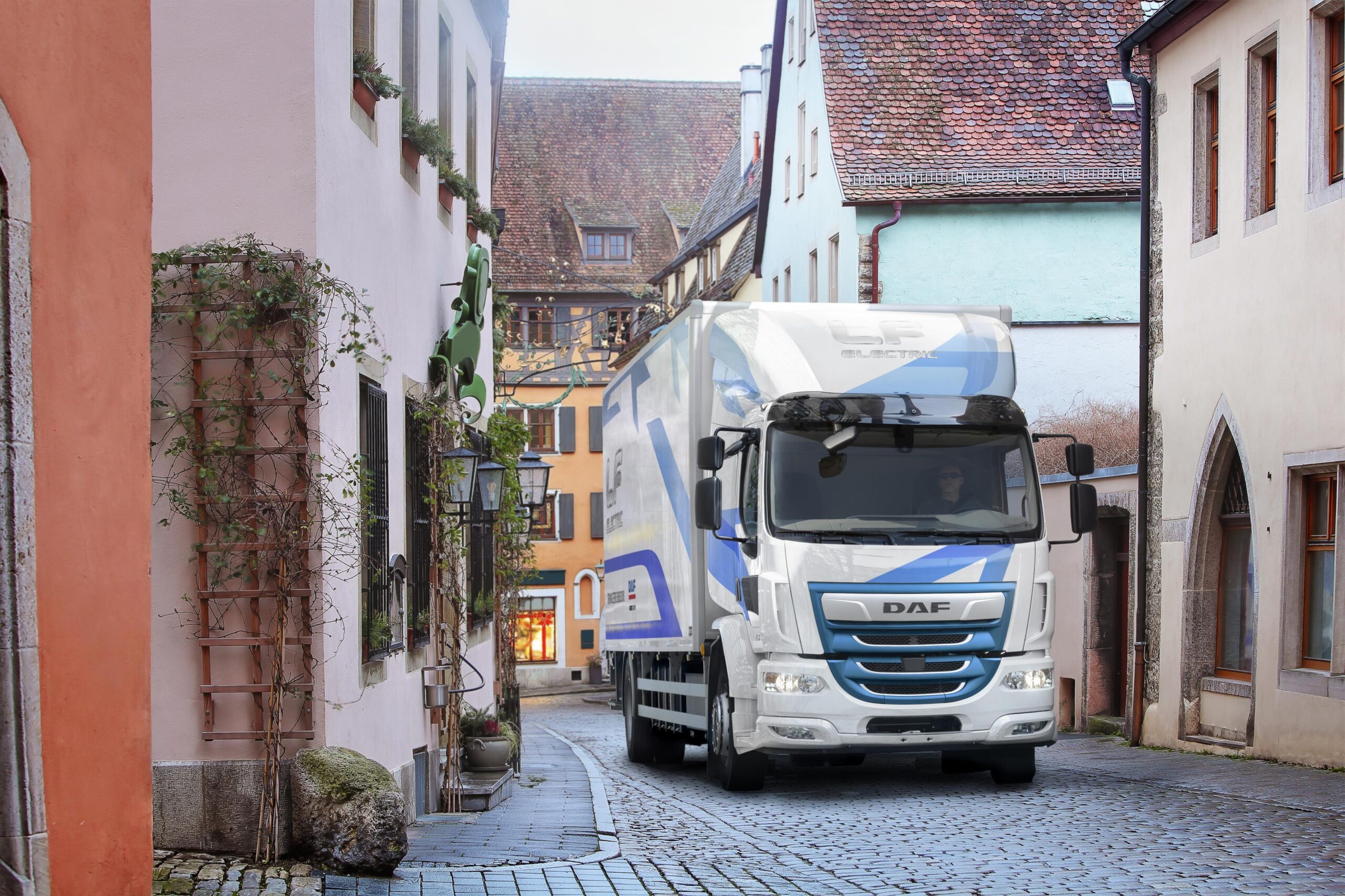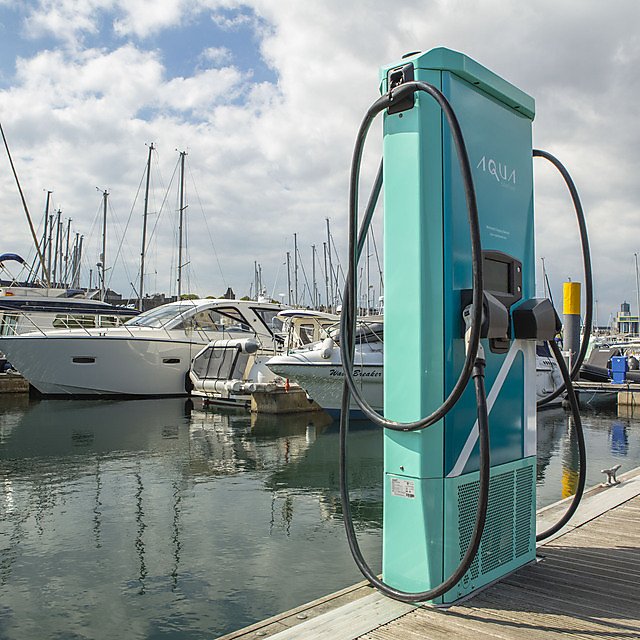The UK government has announced ambitions to deliver the world’s first net-zero emissions transatlantic flight in 2023.
Transport Secretary Grant Shapps announced the challenge during his visit to the US and invited the international sector to work closely with the UK government to deliver a demonstrator flight powered by 100 percent sustainable aviation fuel (SAF). The test flight will be supported by up to 1 million GBP of competition funding.
The funding, the UK government hopes, will encourage the sustainable aviation fuel industry. Benefits of this could be carbon savings, improved domestic fuel security, job creation and a more sustainable aviation industry.

Transport Secretary Grant Shapps said:This trailblazing net zero emissions flight, a world first, will demonstrate the vital role that sustainable aviation fuel can play in decarbonising aviation in line with our ambitious net zero targets. That’s not just great news for the environment, it’s great news for passengers who will be able to visit the Big Apple without increasing damaging greenhouse gas emissions. It’s crucial that we place sustainability at the heart of the aviation industry’s recovery from COVID-19 and I look forward to working with them on this challenge, which will lower the impact flying across the Atlantic has on the planet.
What Is Sustainable Aviation Fuel (SAF)?
SAF is made from household waste materials and used cooking oil, offering greenhouse gas emissions savings of more than 70 percent compared to fossil jet fuel. When combined with greenhouse gas removals, 100 percent SAF will enable the delivery of net-zero flights. However, current specifications do not allow flights to use 100 percent SAF, and the UK government therefore wants to accelerate the testing and approval of 100 percent SAF.
Delivering the demonstrator transatlantic flight would help gather data to support the testing and certification of SAF, while also exploring how engine efficiency improvements, flight optimisation and greenhouse gas removals could contribute to achieving net-zero flights.
Alongside the restrictions in fuel specifications, the government and industry are working to overcome additional barriers to the uptake of SAF, such as high fuel production costs, technology risks and feedstocks availability. To do so, the government is exploring an SAF mandate and is supporting the UK SAF industry with 180 million GBP of funding over the next 3 years, aiming to accelerate the commercialisation of SAF plants and establish a fuel testing clearing house in the UK.
Tim Alderslade, Chief Executive of Airlines UK, said:UK airlines strongly support the development of a UK SAF industry, which will play a vital role in helping our sector deliver net zero emissions by 2050, as we are committed to doing. This announcement will provide additional momentum to achieving this and, alongside the recent £180 million in Treasury support for the development of new UK SAF plants, demonstrates the commitment of government to making SAF a key part of the decarbonisation of aviation.
A UK sustainable aviation fuel industry could support up to 5,200 UK jobs directly, as well as a further 13,600 through global exports, helping to boost the UK economy. The industry estimates its annual turnover could reach 2.3 billion GBP by 2040.












